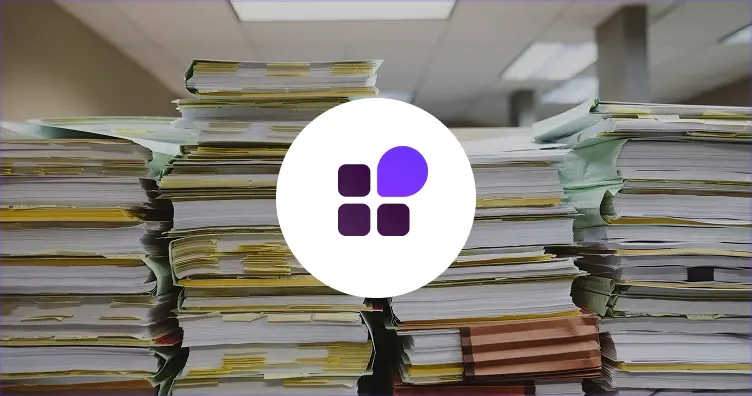In the dynamic landscape of cybersecurity, ensuring business continuity is paramount for organisational sustainability.
Just as in chess, where the endgame determines the match's outcome, disaster recovery planning plays a crucial role in safeguarding against cyber disruptions and maintaining operational resilience. This blog explores the parallels between endgame strategies in chess and disaster recovery planning, emphasising the importance of business continuity and provides top tips for achieving resiliency in an organisation.
The endgame:
In chess, the endgame signifies the final stage of the game, where players aim to secure victory or salvage a draw, It's a phase characterised by strategic finesse. Similarly, in the dynamic landscape of cybersecurity, organisations must ready themselves for the endgame by crafting resilient recovery plans. These plans are instrumental in mitigating the fallout of cyber incidents and maintaining uninterrupted business operations.
The importance of business continuity:
Business continuity is essential for organisational sustainability and serves as a lifeline during a crisis, allowing an organisation to maintain critical functions, serve customers, and safeguard its reputation. Having effective continuity plans in place to deal with a cyber-attack, natural disaster or other unforeseen events is critical for mitigating risks and minimising downtime. By minimising downtime and disruption, continuity plans enable a business to maintain its competitive edge, retain customer loyalty, and preserve investor confidence.
Achieving cyber resiliency:
To withstand cyber disruptions, organisations must invest in resilient systems that can adapt and recover quickly, as well as implement proactive mechanisms such as continuous monitoring, threat intelligence and incident response capabilities to ensure threats are detected and responded to efficiently.
Here are our top tips for achieving cyber resiliency in an organisation:
Develop comprehensive recovery plans: Organisations should create detailed disaster recovery plans that outline procedures for responding to cyber incidents, restoring critical systems and data, and ensuring business continuity.
Test and validate continuity plans regularly: Regular testing and validation of continuity plans are essential to identify weaknesses, gaps, and opportunities for improvement. Conducting tabletop exercises and simulations can help assess readiness and refine response strategies.
Embrace a culture of resilience: Building a culture of resilience within the organisation is critical for fostering collaboration, communication, and agility in responding to cyber disruptions. Employees should be trained on their roles and responsibilities during a crisis and empowered to take proactive measures to protect against cyber threats.
Stay updated on emerging threats: Cyber threats are constantly evolving, and keeping ahead of the latest cybersecurity trends, threat intelligence, and best practices is essential for maintaining cyber resilience.
The endgame of cybersecurity is about ensuring business continuity through cyber resilience. With proactive planning, continuous testing, and a culture of resilience, organisations can navigate the challenges of the cyber landscape and emerge stronger in the face of adversity.
This blog marks the last of the series “Checkmate Cyber Threats: Play Smart, Stay Secure”, in collaboration with Dell Technologies. To discover more lessons from chess in the world of cyber resiliency, download our e-book.

 Cyber Recovery
Cyber Recovery



